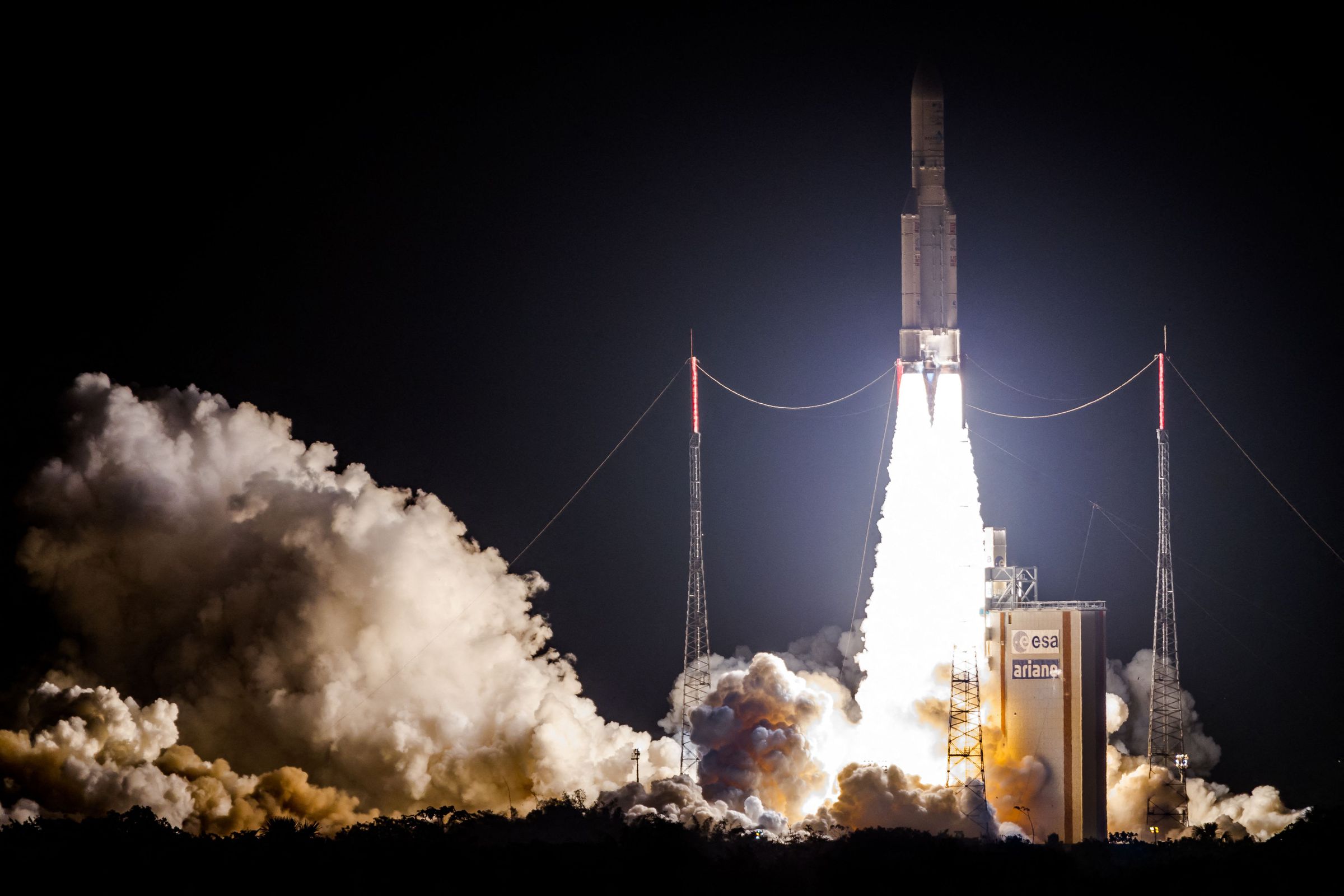The US Space Force is tracking 20 pieces of debris from the Intelsat 33e.
Share this story

A communications satellite built by Boeing has fallen apart while in orbit, as reported earlier by Jalopnik. On Saturday, Intelsat said its 33e satellite stopped working due to an “anomaly” before confirming its “total loss” on Monday.
“We are coordinating with the satellite manufacturer, Boeing, and government agencies to analyze data and observations,” Intelsat said. The company has since established a board to conduct a “comprehensive analysis of the cause of the anomaly.”
The satellite’s breakup doesn’t have great timing for Boeing, following the company’s troubled Starliner mission and a criminal fraud charge over 737 Max plane crashes,
The US Space Force also confirmed the incident:
U.S. Space Forces-Space (S4S) has confirmed the breakup of Intelsat 33E (#41748, 2016-053B) in GEO on October 19, 2024, at approximately 0430 UTC. Currently tracking around 20 associated pieces – analysis ongoing. S4S has observed no immediate threats and is continuing to conduct routine conjunction assessments to support the safety and sustainability of the space domain.
It’s unclear how many pieces there are, as satellite-tracking company ExoAnalytic Solutions says it’s monitoring 57 pieces of debris, Space News reports.
Intelsat 33e launched in 2016 to provide communications across Europe, Asia, and Africa. The satellite experienced a propulsion issue shortly after launch and reached orbit later than expected. Another propulsion problem in 2017 decreased its estimated 15-year lifespan by 3.5 years. Intelsat 29e — a satellite Boeing also made — was declared a “total loss” in 2019 after just three years in space.







